Activation of the immune system is one of the health benefits of supplementation with Coenzyme Q10. Admittedly, more evidence from clinical trials is needed. However, Coenzyme Q10 is involved in cellular activities that are relevant to immune system function [Mantle 2021].

In the KiSel-10 study enrolling elderly Swedish citizens, Prof Urban Alehagen and his colleagues has shown that combined supplementation with Coenzyme Q10 and selenium reduced the levels of oxidative stress and inflammation, compared to placebo.
What roles can Coenzyme Q10 play in immune system function?
- Immune system response requires intensive energy. Coenzyme Q10 is essential to the generation of ATP energy in the mitochondria [Hargreaves 2003].
- The immune system’s phagocytic cells use free radicals to destroy invading pathogens. Coenzyme Q10 is a lipid-soluble antioxidant. Coenzyme Q10’s antioxidant action of CoQ10 may prevent free radicals generated by phagocytic cells from destroying the phagocytes themselves [Mantle 2021].
- The release of inflammatory cytokines in immune system response must be controlled so as to prevent a cytokine storm. Coenzyme Q10 can help to modulate the release of pro-inflammatory cytokines [Mantle 2021].
Coenzyme Q10 and Vulnerability to Infection
Mantle et al [2021] cite clinical studies of low CoQ10 status associated with increased susceptibility to infection, e.g., influenza virus infections.
Especially of interest is an Israeli study showing that greater intake of Coenzyme Q10 was associated with a significantly reduced risk of hospitalization from SARS-CoV-2 virus infections. The researchers investigated the effect of a range of substances. Three substances significantly reduced the risk of hospitalization following SARS-CoV-2 infection [reported in Mantle 2021]:
- Coenzyme Q10 in the ubiquinone form
- Ezetimibe – an inhibitor of intestinal absorption of cholesterol
- Rosuvastatin – an inhibitor of the bio-synthesis of cholesterol
RNA viruses such as the SARS-CoV-2 virus require cholesterol to enter cells and for viral replication. The authors of the Israeli study thought that the CoQ10 supplementation may prevent the virus from hijacking the mevalonate pathway in which cholesterol is bio-synthesized [reported in Mantle 2021].
Various researchers have offered conjecture as to the underlying mechanism linking CoQ10 status and the risk of SARS-CoV-2 infection [Mantle 2021].
- Mitochondrial dysfunction may be a key factor affecting the severity of SARS-CoV-2 infections.
- Virus-induced oxidative stress (an imbalance between free radical generation and antioxidant protection) may cause mutations in genes responsible for CoQ10 biosynthesis, leading to mitochondrial
dysfunction. - Coenzyme Q10 may inhibit the SARS-CoV-2 virus by binding to the active site of the SARS-CoV-2 Mpro protease enzymes that are needed for viral replication.
- Coenzyme Q10 may help to prevent the occurrence of cytokine storms.
Coenzyme Q10 and Immune Function in Athletes
Mantle et al point out that regularly performed exercise of relatively short duration and of moderate intensity are beneficial to immune function. However, intensive or prolonged exercise tends to depress immune function. Intensive and prolonged exercise makes the athlete more susceptible to infections, particularly infection of the upper respiratory tract [Mantle 2021].
Clinical studies have reported that CoQ10 supplementation can improve immune function in individuals who engage in intensive or prolonged physical activity The studies have shown that the supplementation helps to prevent changes in the levels of pro-inflammatory cytokines and monocytes associated with inflammation [reported in Mantle 2021].
- elite swimmers
- junior athletes
- kendo athletes
Coenzyme Q10 and Immune Cell Activation
Mantle et al reported on clinical studies that show CoQ10 supplementation associated with the direct activation of components of the innate or adaptive immune systems.
- Healthy volunteers: CoQ10 supplementation increased the blood levels of T4 lymphocytes and immunoglobulin G (antibodies produced by B-lymphocytes).
- Patients with type 1 diabetes: CoQ10 supplementation improved natural killer (NK) activity compared to placebo.
- Patients vaccinated for hepatitis B: CoQ10 supplementation increased
antibody response to the hepatitis B surface antigen, compared to the placebo. - Case study of a four-year-old child with immune dysfunction: CoQ10 supplementation improved T-cell function measured by the interleukin response and incidence of infections.
Coenzyme Q10 and Inflammation
On the one hand, inflammation is an important part of the normal immune response against infection or injury. On the other hand, there are times when the inflammatory response is too much or persists too long. Chronic inflammation, for example, plays a negative role in many autoimmune and degenerative disorders [Mantle 2021].
Controlled clinical studies show that that CoQ10 supplementation can mediate low-grade systemic inflammation in elderly individuals and in various disorders [Mantle 2021]:
- cardiovascular disease
- chronic kidney disease
- non-alcoholic fatty liver disease
- polycystic ovary syndrome
Note: In a 2017 review of 17 randomized controlled trials, Fan et al found evidence suggesting significant lowering effects of Coenzyme Q10 on the CRP, IL-6 and TNF-α biomarkers of inflammation.
Coenzyme Q10, Mitochondria, and Immune Function
CoQ10 supplementation can also influence immune function through its effects on mitochondrial bio-synthesis of ATP energy. Immune system cells need energy to carry out their various functions. Furthermore, CoQ10 supplementation may improve the role of mitochondria in cell signalling pathways associated with the immune response. The mitochondria need Coenzyme Q10 normal functioning. It follows that the mitochondria may benefit from CoQ10 supplements in times of increased immune response [Mantle 2021].
Bioavailability and Safety of CoQ10 Supplements
Bioavailability
The bioavailability of the Coenzyme Q10 in commercially available supplements varies considerably from product to product. Accordingly, it is important to find a CoQ10 supplement that has its bioavailability and its clinical effects documented in scientific studies. Mantle et al specifically name the Bio-Quinone Q10 preparation that was used in the Q-Symbio study of heart failure patients and in the KiSel-10 study of elderly community living individuals [Mantle 2021].
- It is best to buy a CoQ10 preparation that has been manufactured to pharmaceutical standards.
- The bioavailability of the CoQ10 supplement depends not so much on the form of the Coenzyme Q10, i.e., whether it is ubiquinone or ubiquinol.
- What is decisive for bioavailability is the formulation and the manufacturing process.
Safety
Mantle et al report that the safety of CoQ10 supplements in a wide range of disorders has been confirmed in over 200 randomized controlled trials.
- Coenzyme Q10 is well tolerated.
- No serious adverse effects have been reported in long-term use.
- There are no known toxic effects.
- Coenzyme Q10 cannot be overdosed.
Conclusions: Coenzyme Q10 and Immune System Function
Deficiency CoQ10 status and immune system dysfunction seem to be linked.
Adequate Coenzyme Q10 is necessary for the optimal function of the immune system.
Coenzyme Q10 plays a mediating role in the inflammatory response in disease.
CoQ10 supplementation may enhance the activity of the immune cells, e.g., the B and T lymphocytes
CoQ10 status may be an important factor in susceptibility to COVID-19.
Sources
Fan L, Feng Y, Chen GC, Qin LQ, Fu CL, Chen LH. Effects of coenzyme Q10 supplementation on inflammatory markers: A systematic review and meta-analysis of randomized controlled trials. Pharmacol Res. 2017 May;119:128-136.
Hargreaves IP. Ubiquinone: cholesterol’s reclusive cousin. Ann Clin Biochem. 2003 May;40(Pt 3):207-18.
Mantle D, Heaton RA, Hargreaves IP. Coenzyme Q10 and immune function: an overview. Antioxidants (Basel). 2021 May 11;10(5):759.
The information presented in this review article is not intended as medical advice. It should not be used as such.


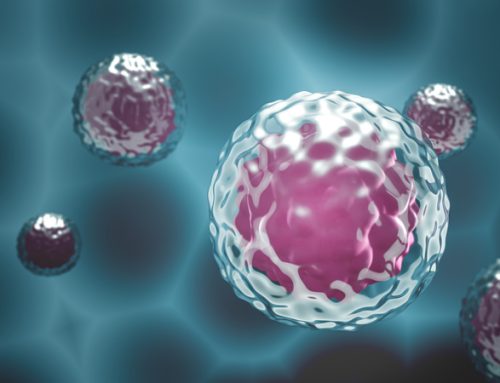
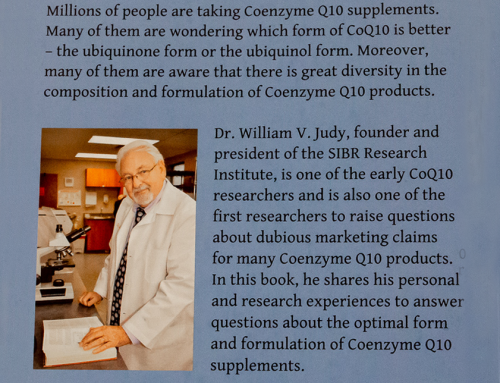
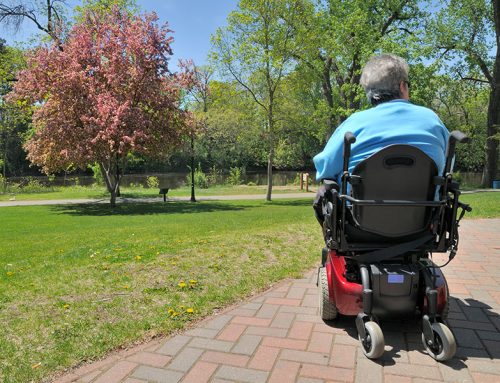
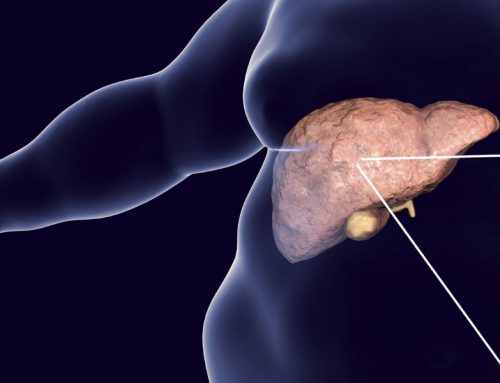
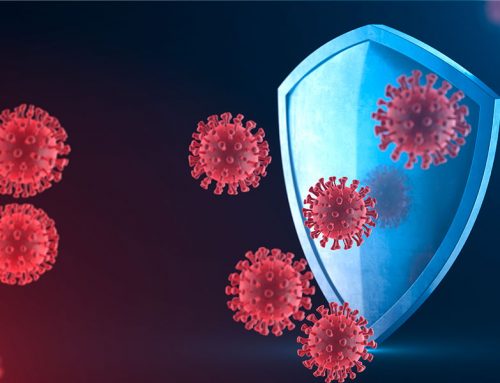
Leave A Comment